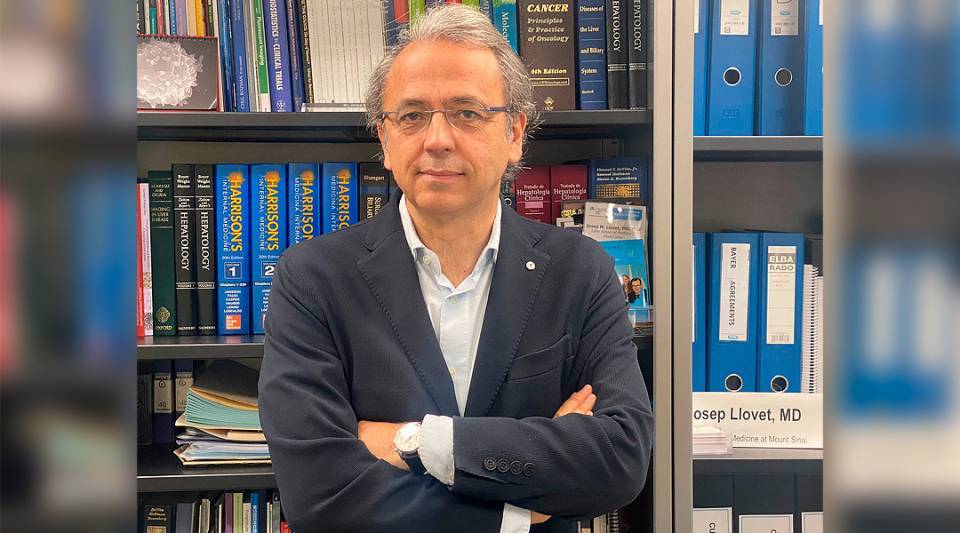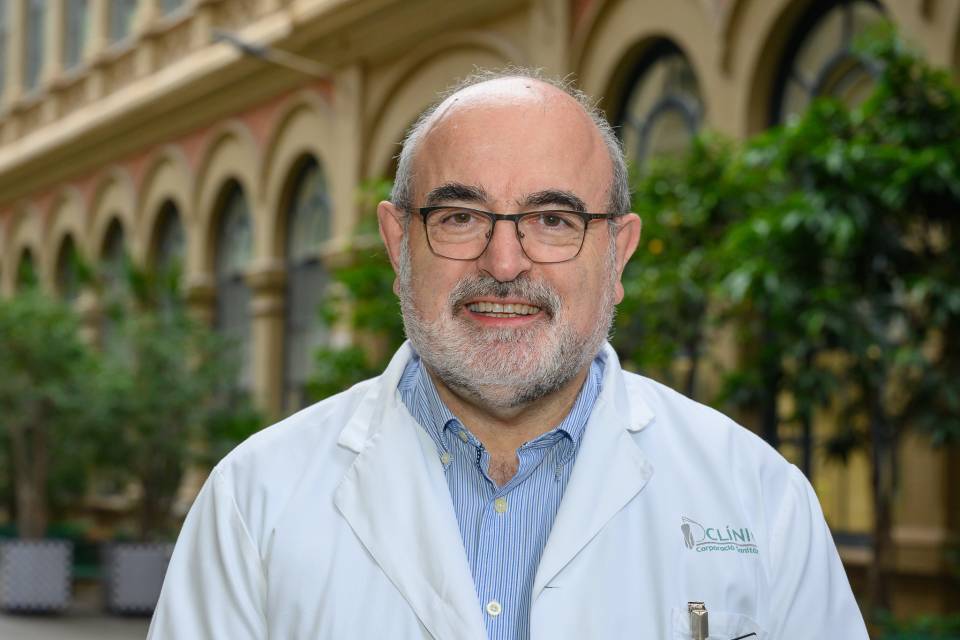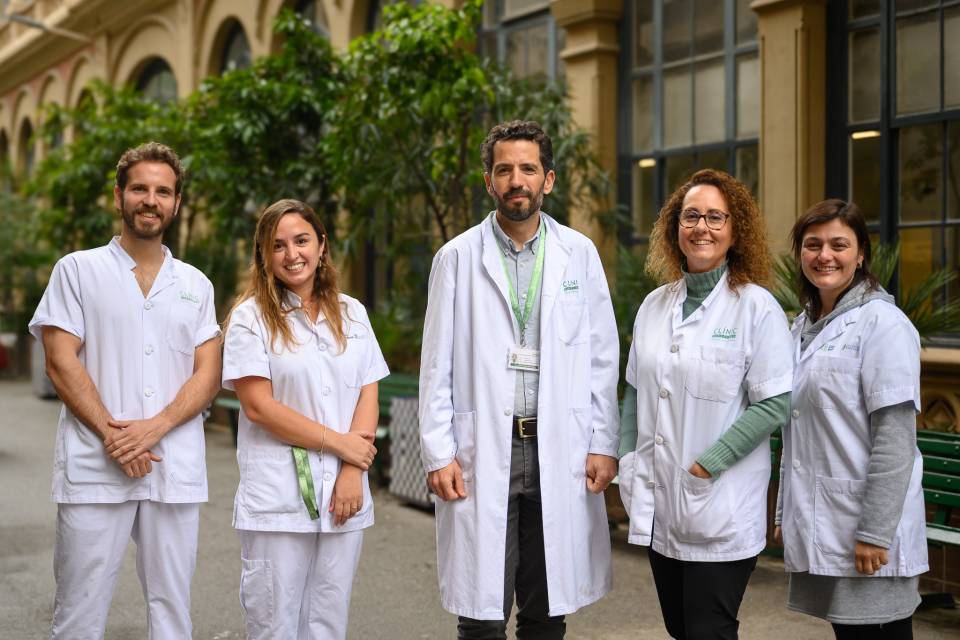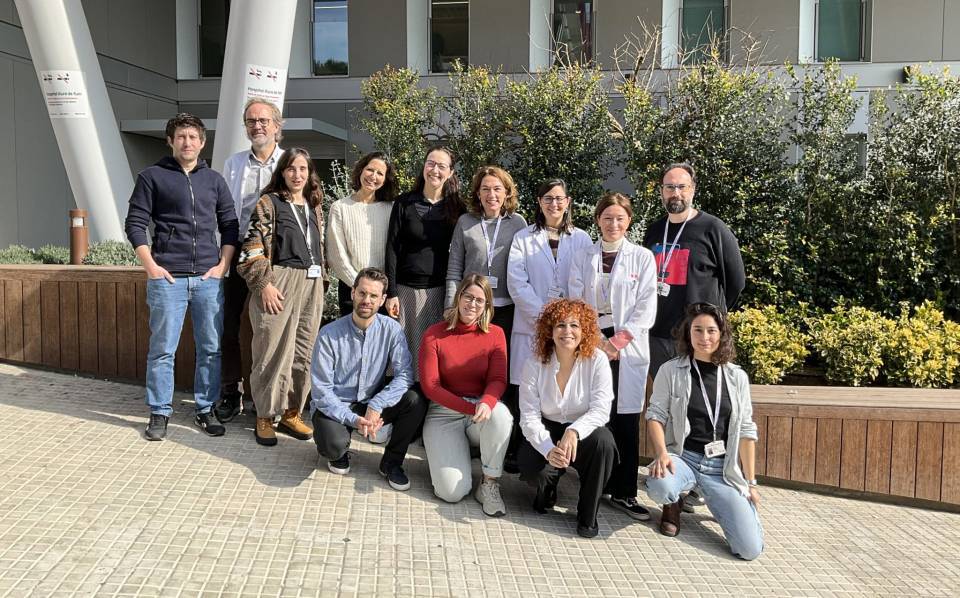The new document from the American Association for the Study of Liver Diseases (AASLD) provides an update on the prevention, diagnosis and treatment of hepatocellular carcinoma (HCC). Dr. Josep M. Llovet participated in its preparation. Dr. Llovet is a professor in the Faculty of Medicine and Health Sciences at UB, ICREA professor at IDIBAPS, where he leads the Translational Research in Hepatic Oncology group, and the director of the Liver Cancer Program at the Icahn School of Medicine at the Mount Sinai in New York.
Liver cancer is the sixth most common type of cancer worldwide, with a growing incidence, and the third leading cause of cancer mortality. Hepatocellular carcinoma (HCC) accounts for 90% of cases and the main risk factor for developing it is cirrhosis of any origin, whether derived from viral hepatitis or non-alcoholic staeatohepatitis or fatty liver disease.
In addition to the application of surgical and local-regional therapies, involving the removal of the tumour, 50-60% of HCC patients have to receive systemic treatment. The life expectancy of patients with this cancer has improved with the implementation of immunotherapy and targeted therapies. “It is precisely the appearance of new treatments that makes it essential to have clinical guidelines to guide the diagnosis and treatment of patients”, explains Josep M. Llovet.
An international multidisciplinary group of experts participated in the preparation of the new AASLD guidelines, published in the journal Hepatology. The guidelines cover the significant changes that have taken place in the management of HCC at any stage of the disease. The guidelines continue to recommend the use of ultrasound and the determination of serum tumour markers, such as alpha-fetoprotein, for HCC screening, and the updated BCLC classification for staging and treatment.
One of the most important new developments in terms of treatment, as well as the extension of the indications for surgical therapies, is the recommendation of adjuvant treatment with the immune checkpoint inhibitor, atezolizumab, along with an anti-angiogenic drug, bevacizumab. It is the first treatment as an adjuvant to surgical resection or local ablation recommended so far, and it is based on a positive Phase III study published recently. It is indicated in patients with a high risk of recurrence (large or multinodular tumours or with vascular invasion) after the removal of the tumour, either by resection or ablation.
The guidelines include the new criteria for the use of local-regional therapies, and recommend an innovative strategy for the administration of a sequential systemic treatment for advanced HCC. “This new systemic treatment sequencing scheme with immunotherapies and molecular therapies, described by our group in an article in Nature Cancer, includes all the drugs currently approved and the hierarchy of their use”, says Dr. Llovet.
Finally, the guidelines include recommendations for the planning of advanced treatment, to offer patients faced with a new diagnosis the tools required to deal with their illness, and help them make shared decisions, from a multidisciplinary perspective.
Study reference:
Singal AG, Llovet JM, Yarchoan M, Mehta N, Heimbach JK, Dawson LA, Jou JH, Kulik LM, Agopian VG, Marrero JA, Mendiratta-Lala M, Brown DB, Rilling WS, Goyal L, Wei AC, Taddei TH. AASLD practice guidance on prevention, diagnosis, and treatment of hepatocellular carcinoma. Hepatology. 2023 May 22. doi: 10.1097/HEP.0000000000000466.




